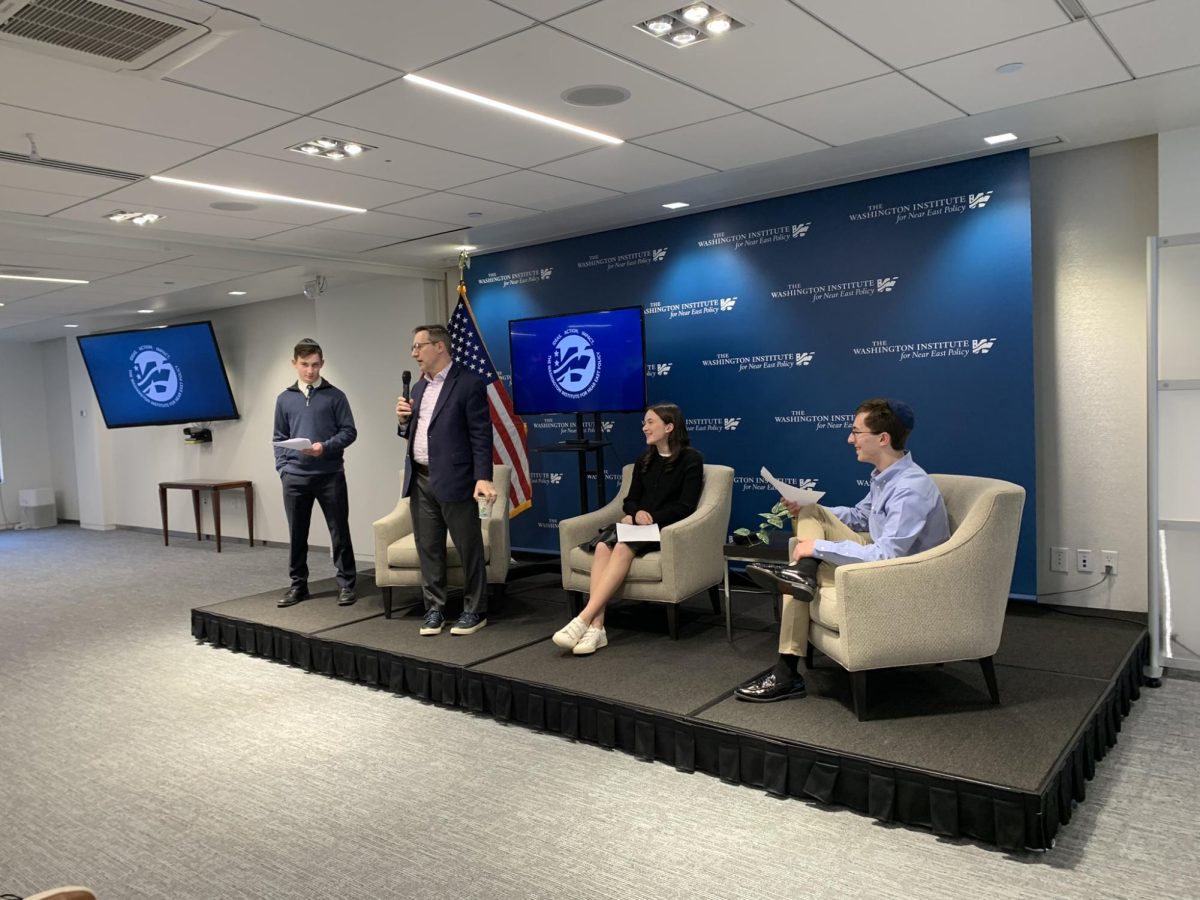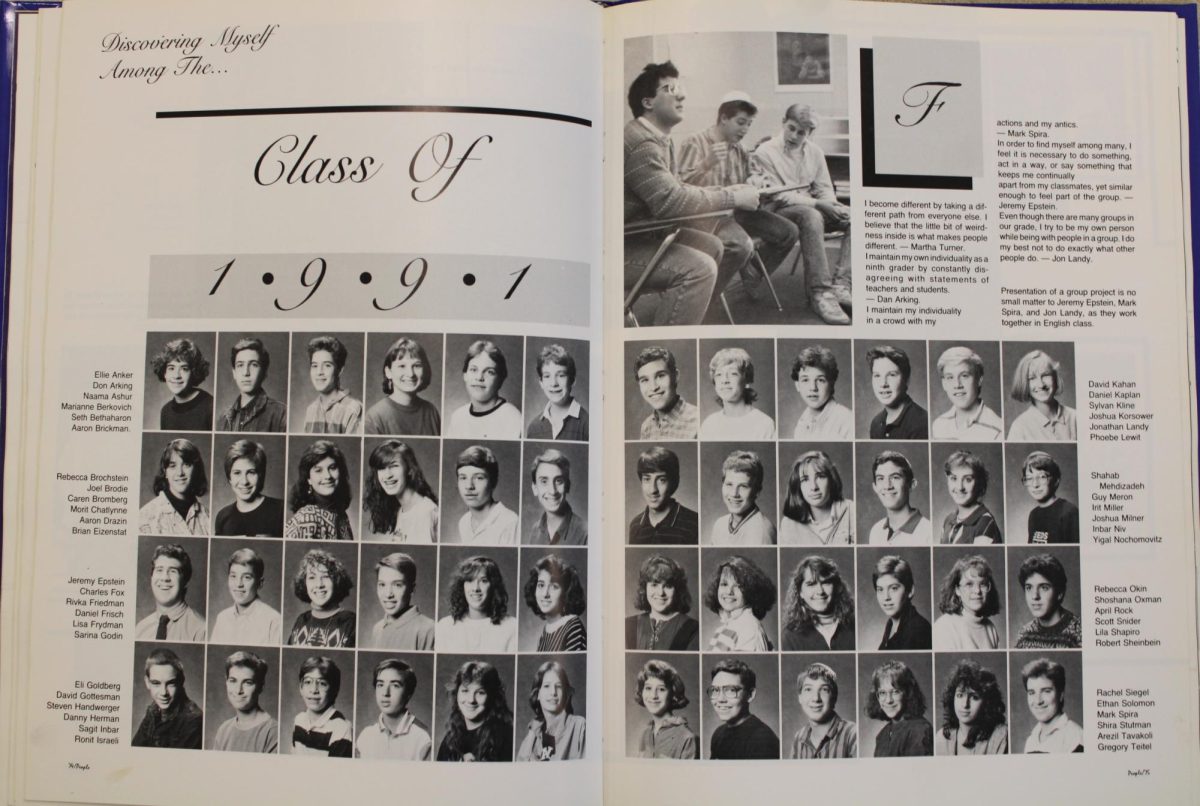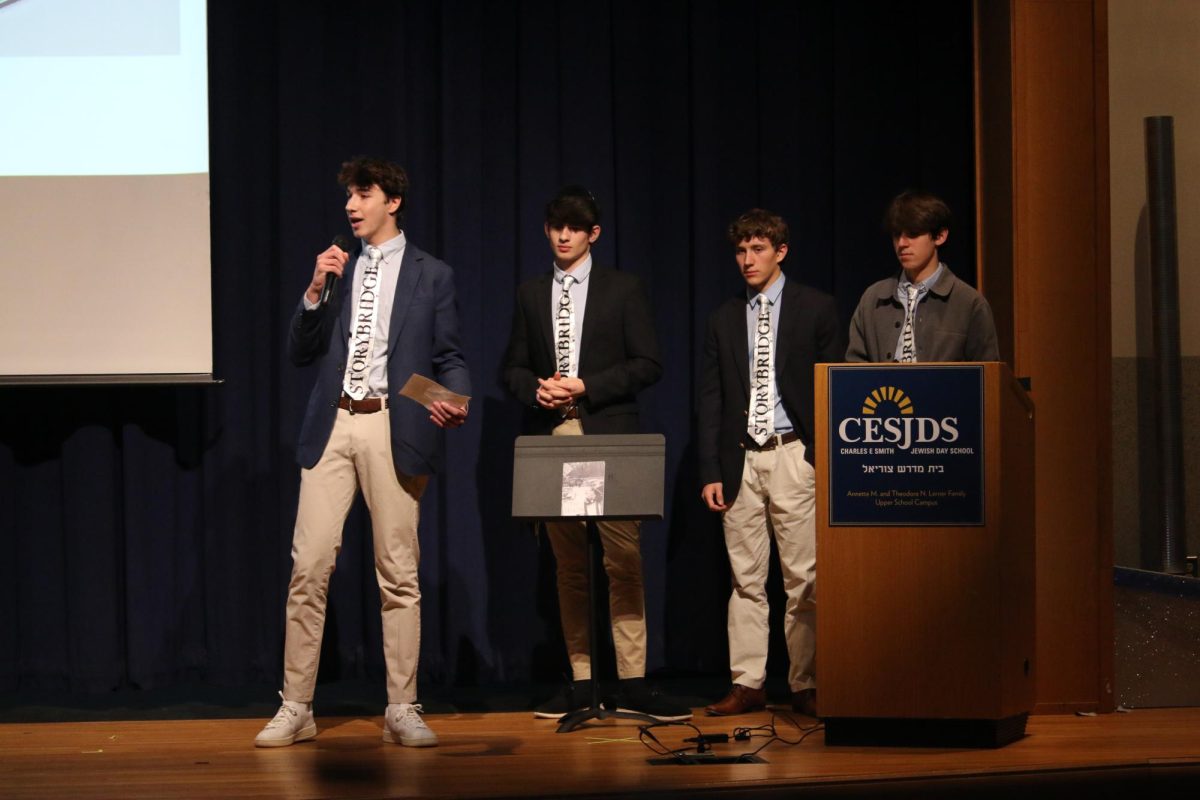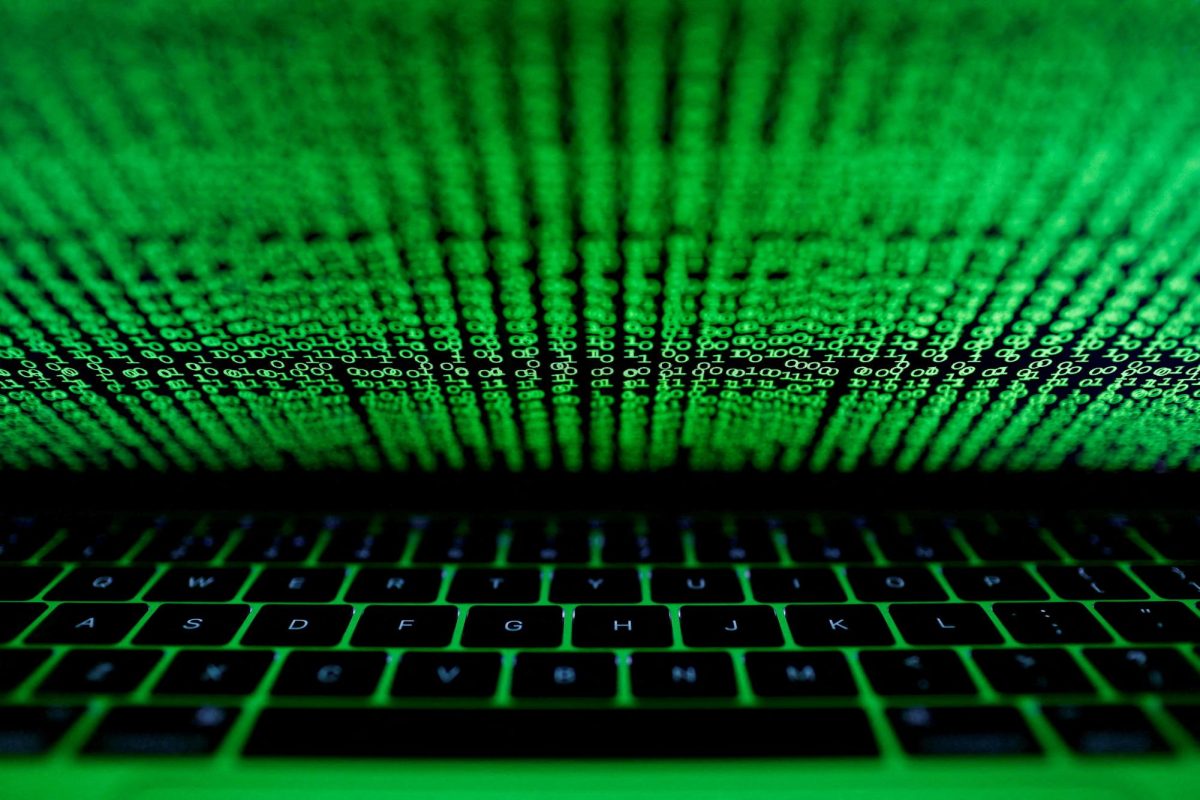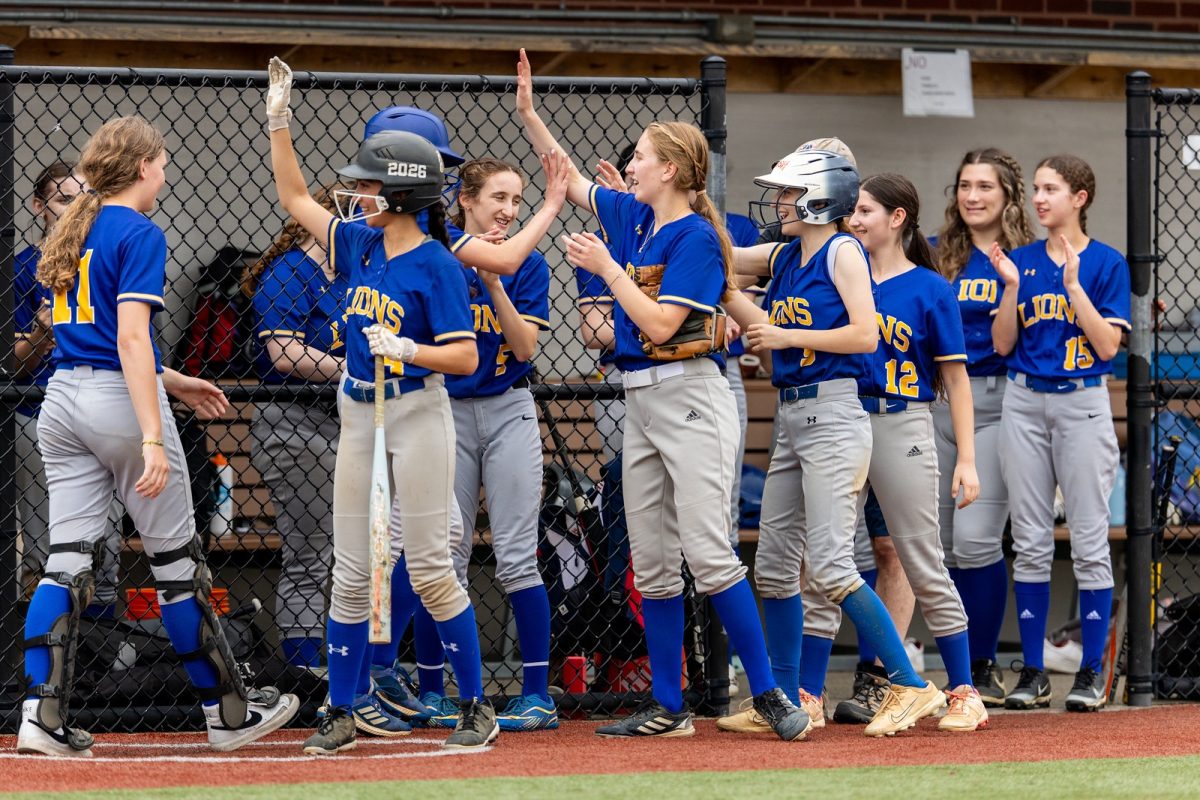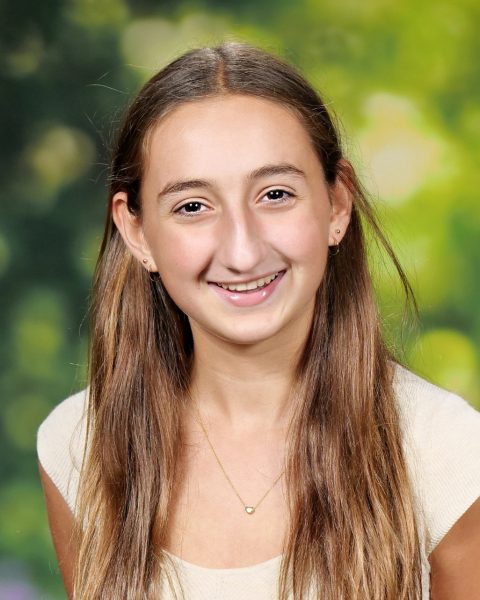The junior class took a field trip to the Washington Institute for Near East Policy (Washington Institute) in downtown D.C. on Feb. 26. During the visit, students engaged with five expert speakers, each specializing in different countries and topics related to the Middle East.
The Washington Institute is a D.C.-based think tank dedicated to analyzing U.S. foreign policy in the Middle East. Its researchers examine ongoing regional developments and consult with policymakers to shape foreign policy discussions.
“The ability to just go there and see how complicated the situation is, is incredible,” junior Jonathan Gordon said. “We were able to see the conflict from a wider Middle Eastern perspective, and we’re also able to zoom in on the specific countries like Lebanon when we’re talking with a Lebanese expert and Syria when we’re talking with a Syrian expert. So it really adds extra depth, extra nuance and helps us understand the wider context in which the conflict takes place.”
The day began with a session led by Dr. Devorah Margolin, a Senior Fellow at the Washington Institute and adjunct professor at Georgetown University. As an expert on terrorism governance and finance, Margolin spoke about the situation in Syria. Following a short break, Senior Fellow and Research Counselor Patrick Clawson, who has authored over 150 articles on the Middle East, addressed the students on Iran. After lunch, Aaron Zelin, a Fellow at the Institute specializing in Sunni Jihadi groups, delivered a session on the current state of Syria.
“They really do speak to you on a technical level which I really like,” Gordon said. “They were using all these acronyms and abbreviations I was familiar with, so it was really high level stuff.”
CESJDS is the only school in the country with the opportunity to visit the Washington Institute due to a personal connection with Matthew Levitt, Senior Fellow and Director of the Jeanette and Eli Reinhard Program on Counterterrorism and Intelligence, whose children attended JDS. This marks the 14th time the school has taken this field trip. Throughout the day, students had opportunities to ask questions and engage with experts.
The field trip provides insight into the Arab-Israeli Conflict course, a second-semester junior class that explores the conflict through both Israeli and Palestinian perspectives from the 1948 War of Independence to the present day. Students created questions based on content they learned in the course to ask the experts in those areas.
“This session in particular was a really great opportunity for students in our Arab-Israeli Conflict [class] because they get to really hear the opinion of one of the world’s leading experts on Hamas, Jewish history teacher Anna Band said. “They were able to integrate everything we’ve been learning so far in the course with new key pieces of information from a leading scholar.”
One of the key sessions was a student-led interview with Levitt. Levitt, an expert on Hamas, provided an analysis of the group’s current state and activities.
“[The field trip] adds so much dimension to the course, there is just so much dimension to the conflicts in the Middle East,” junior Sophie Moyal said. “We can study what happened in the past but ultimately current events are super important and it is helpful to use our knowledge from the course to further our understanding of the present.”
The final session of the day was with Senior Fellow Hanin Ghaddar about Shia politics specifically regarding Lebanon.
Gordon observed that while the Institute takes a pro-Israel stance on many issues, speakers also presented findings which challenged common narratives, such as polling data from Gaza which said that 70% of Palestinians did not approve of Hamas’s actions.
Although some students found it difficult to stay to listen to speakers for an entire day, many, including both Gordon and Moyal, appreciated the opportunity to visit the Washington Institute and learn about what is going on in the world.
“It enables them to ask their pressing questions to the world’s leading experts… The answers that these scholars provided the students—these pressing questions—offer an opportunity like no other,” Band said.


